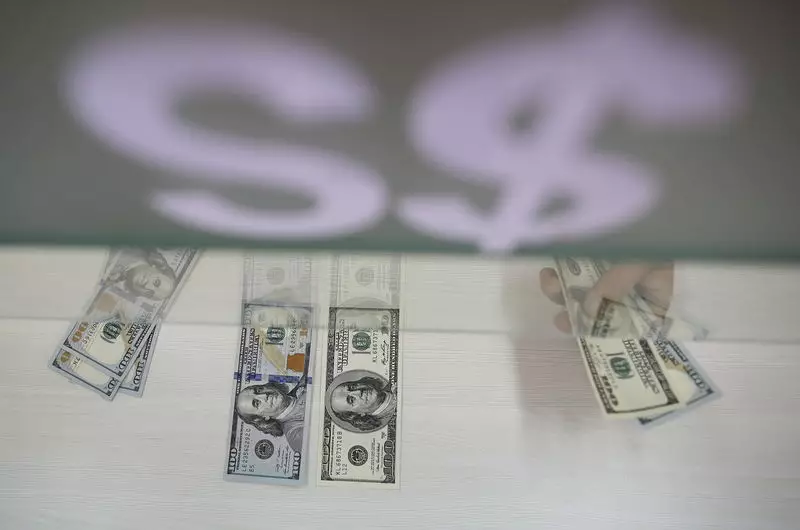As the world of cryptocurrency continues to evolve, the regulatory framework governing it remains a topic of intense discussion. With Donald Trump’s re-entry into the presidential seat, the potential shift towards a more crypto-friendly environment has captured the attention of investors and stakeholders alike. Initial reports indicate that Trump plans to leverage his executive powers to alleviate the regulatory pressures that have been mounting against cryptocurrency firms. This anticipatory move holds significant implications, not only for the industry but also for the investors and users involved.
Reports have emerged that Trump is poised to sign an executive order aimed at establishing a cryptocurrency advisory council, a concept he had floated previously during his campaign. Such a council would ostensibly serve as a liaison between cryptocurrency ventures and government policies, helping to create a conducive environment for digital asset growth. According to insiders, the council could comprise up to 20 members, reflecting a diverse range of stakeholders from the crypto industry.
This initiative echoes a broader trend whereby governments are increasingly recognizing the importance of understanding and incorporating new technologies into existing regulatory frameworks. In creating this advisory body, Trump would send a clear message that his administration is willing to prioritize innovation and cooperation between tech and governance.
Moreover, discussions among Trump’s advisers suggest a move towards rescinding certain regulations that currently stifle the cryptocurrency market. Specifically, the Securities and Exchange Commission’s 2022 guidance known as “SAB 121” has made it prohibitively expensive for institutions, such as banks, to hold cryptocurrencies for their clients. The potential repeal of this guidance signals a significant deregulatory trend, aiming to ease operational burdens on cryptocurrency exchanges and lending services.
Another contentious point involves the termination of what has come to be known as “Operation Choke Point 2.0.” Many within the crypto sector perceive this initiative as an effort by banking regulators to isolate cryptocurrency companies from traditional banking services, effectively reducing their ability to compete. By moving to dismantle this operation, Trump’s actions could facilitate greater integration of cryptocurrency firms into the financial sector, thus promoting innovation and participation in the digital asset marketplace.
The contrasting regulatory philosophies of the Trump and Biden administrations further illuminate the dynamics at play in the cryptocurrency sphere. While Trump is anticipated to usher in a more favorable climate for crypto businesses, Biden’s regulatory stance has been much more cautious and hostile, primarily focusing on protecting American citizens from potential fraud and illicit activities associated with cryptocurrencies.
This shift could usher in a complex era marked by a dichotomy: while the Trump administration may embolden crypto ventures, the legacy of regulatory vigilance stemming from the Biden administration will likely persist, creating a dual framework of laissez-faire and regulatory oversight that crypto companies will need to navigate.
If Trump’s plans come to fruition, we may witness a dramatic injection of enthusiasm within the cryptocurrency market, potentially pushing these digital assets into the mainstream or, at the very least, liberalizing their accessibility. The potential for growth within this sector could stimulate further investment, innovation, and public trust in cryptocurrencies. However, critics remain skeptical. They point to past instances of misconduct within crypto, from major scandals to outright fraud, as cautionary tales that cannot be ignored.
Additionally, regulatory experts argue that without adequate safeguards, the deregulation touted by Trump could lead to significant backlashes if justified concerns—such as fraud, money laundering, and market manipulation—are not effectively addressed.
As Trump gears up to take office again, the primary question will be whether his administration can achieve the balance between fostering growth in the cryptocurrency landscape and ensuring adequate consumer protection. With executive orders likely to reshape the regulatory framework, the coming months are poised to be pivotal for the future of cryptocurrency in America. Only time will reveal whether these actions will indeed advance the U.S. digital asset ecosystem or open doors to unforeseen challenges.

